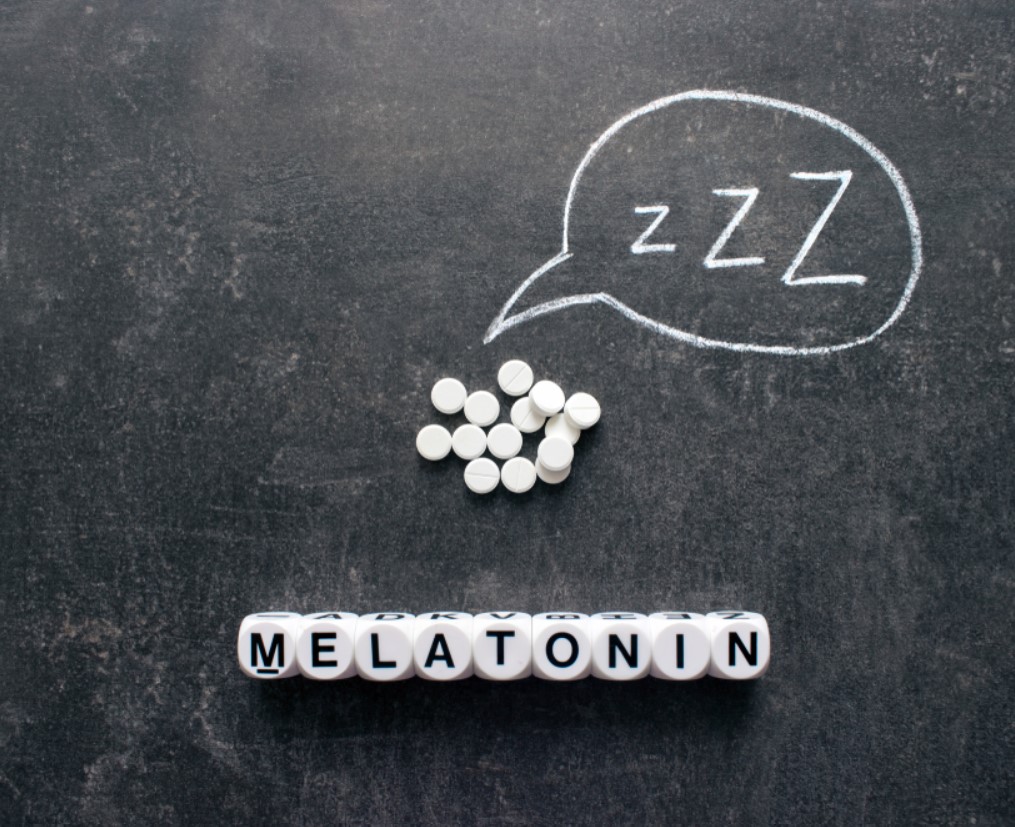Menopause in women is accompanied by a myriad of symptoms. Hot flashes, night sweats, mood swings, vaginal dryness, and chills can all be symptoms of menopause. Sometimes, fatigue may also be a symptom of menopause. This can range from mild to severe and might disrupt your normal daily activities. Thankfully, there are effective ways to manage menopausal fatigue.

As you already know, fatigue can cause you to be less energetic and motivated and can affect your concentration level. Don’t worry, you’re not alone. It is quite normal for women to experience this as they transition into menopause.
This post discusses menopause fatigue, what causes it, and how to manage it. Keep reading.
Causes of Fatigue during menopause
When you experience extreme tiredness and exhaustion that persists after rest, it is termed fatigue. Fatigue during menopause can be caused by a variety of factors. Usually, hormonal fluctuations that occur during menopause are the predominant culprit behind menopause fatigue.
As you transition into menopause, hormones like estrogen, progesterone, thyroid hormone, and adrenal gland hormones fluctuate. This results in a hormonal imbalance that affects the body’s metabolism and can cause fatigue.
Also, other symptoms of menopause can affect your sleeping habits which can consequently result in fatigue. Night sweats, hot flashes, headaches, and frequent urination can cause poor sleep. As a result, you might experience fatigue due to disruption of sleep.
Risk Factors for Menopausal Fatigue
There are certain factors that increase the risk of fatigue during menopause. Some of these include:
- Alcohol and drug use
- Diabetes
- Cancer
- Lack of exercise
- Sleep disorders or apnea
- Under-activity of the thyroid gland
- Stress
- Obesity
- Depression
- Anemia
- High blood pressure
Signs of fatigue in menopause
The most obvious sign of fatigue in menopause is a feeling of extreme tiredness which persists even after rest. However, if you experience any of these other symptoms, it may be a sign that you are suffering from menopausal fatigue.
Watch out for signs like:
- Irritability
- Forgetfulness
- Emotional stress
- Anxiety
- Depression
- Lack of motivation
You should note that these signs can also be indications of physical or mental illness. To make things easier, speak to your doctor to confirm if menopause is the cause of your symptoms.
How to manage menopausal fatigue
If you’re experiencing extreme tiredness due to menopause, there are ways to boost your energy level. The following are helpful tips to help increase your energy level:
Exercise
This is one of the best ways to handle fatigue even though getting started might seem difficult. Studies have shown that physical exercise helps to stimulate endorphins which are great for improving your mood.
Regular exercise can help to improve your mood, promote quality sleep, and boost your energy level.
Choose an exercise routine that is flexible and one that you can stick with. Remember, you shouldn’t over-extend yourself so as not to end up being tired again.
Simple physical activities like walking or yoga make for good exercise options that you can try to keep your energy level up.
Stay hydrated
Dehydration may sometimes lead to fatigue. Low hormone levels during menopause make it more difficult for the body to replenish lost fluids. Drinking water and staying hydrated helps to prevent dehydration which may cause fatigue.

Stress management
Increased stress levels can result in fatigue. One way to reduce the risk of fatigue in menopause is to effectively manage stress. You can reduce stress by doing something relaxing. Allocate some time every day to do something that relaxes your mind. It can be in form of taking a walk, watching a movie, listening to music, or reading a good book.
If your stress levels are adequately managed, your chances of experiencing fatigue typically reduce.

Cut down on alcohol and caffeine
It is true that alcohol helps people to fall asleep faster. However, alcohol might disrupt your sleep, thereby causing fatigue in the morning. Likewise, alcohol may trigger hot flashes and has dehydrating effects. All these may pose as risk factors for menopausal fatigue.

It is advised to keep alcohol consumption mild and not take it at all in the evenings.
Caffeine also has the capability to interrupt sleep which may result in fatigue. You should reduce your intake of products that contain caffeine.
Develop healthy sleeping habits
Lack of adequate sleep is one reason why people experience fatigue. You should pay attention to your sleeping habits and improve on them in order to maintain optimum energy levels.
You can practice the following tips in order to improve your quality of sleep.
- Go to bed and wake up at the same time every day when possible
- Avoid taking naps during the day
- Reduce alcohol or caffeine consumption close to your bedtime
- Have a nighttime routine that you consistently follow every day
- Keep your room quiet, dark, and cool
- Avoid screens and technological devices before going to bed
- Take a shower before going to bed
Following these simple tips can help you get quality sleep and boost your energy levels.
If you suffer from insomnia, you can take over-the-counter sleep aids like melatonin or passionflower to help you rest.

Avoid heavy meals close to bedtime
Sometimes, a stomach that is too full can contribute to not getting enough sleep. Also, heavy meals can cause heartburn which may disrupt your sleep and result in fatigue.
Avoid eating heavy meals close to your bedtime. Likewise, you should reduce the portion of your food when it’s getting close to bedtime. Eating small portions of healthy food at dinner may help promote good sleep and help maintain your energy levels.
Conclusion
Fatigue in menopausal women is a common phenomenon. It can happen as a result of hormonal fluctuation or as a result of sleep disruption. Fatigue can affect your physical and psychological health if not properly managed.
Thankfully, there are effective ways to handle menopausal fatigue and you have a chance of living a normal life.
If your fatigue is more persistent or more severe than normal, you should speak to a doctor about your symptoms. Your doctor will confirm if your fatigue is menopause-related or if there’s something else wrong entirely.

